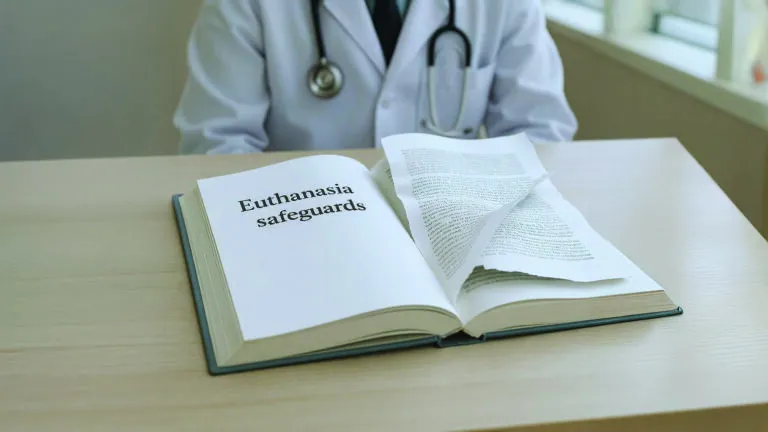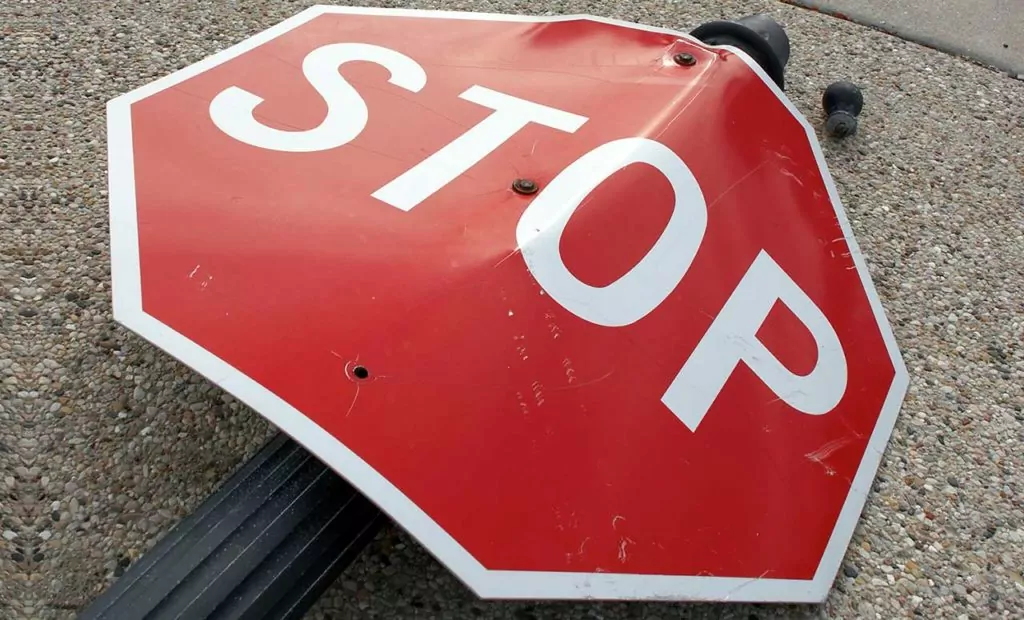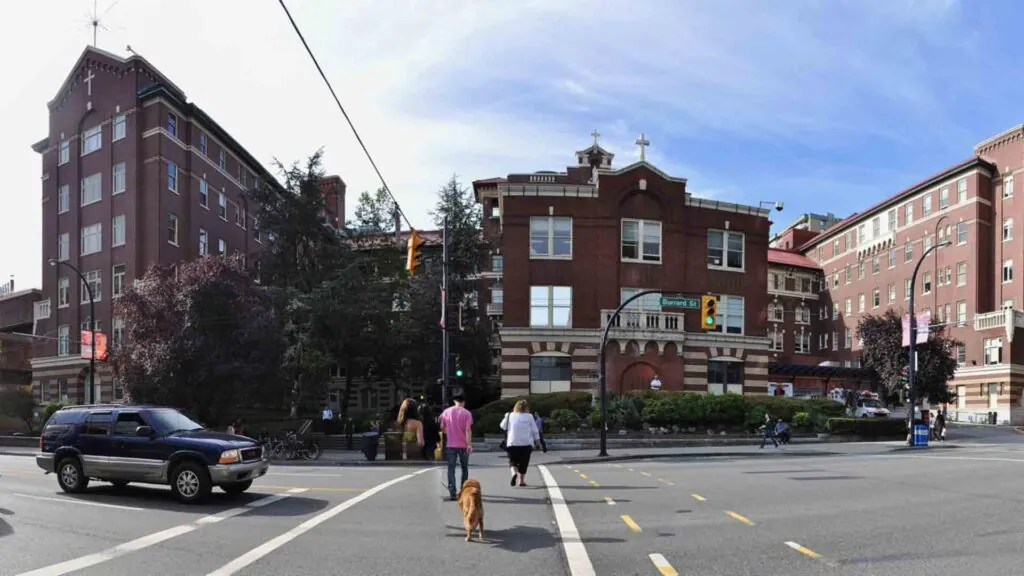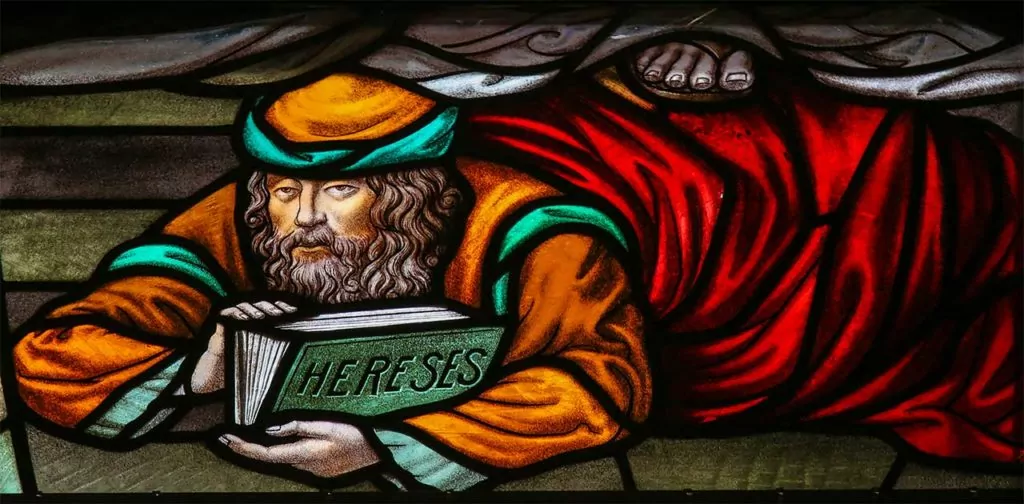A lengthy article in the Winter 2025 edition of The New Atlantis, titled “A Pattern of Noncompliance,” shows how Ontario isn’t strictly enforcing its euthanasia regulations. The provincial “Office of the Chief Coroner” is in charge of monitoring how euthanasia killings are committed and from 2018 onward they have,
“…thus far counted over 400 apparent violations — and have kept this information from the public and not pursued a single criminal charge, even against repeat violators and ‘blatant’ offenders.”
Ontario’s Chief Coroner, Dirk Huyer, admitted back in 2018 already that:
“we see a pattern of noncompliance, we see a pattern of not following legislation, a pattern of not following regulation, and frankly we can’t just continue to do education to those folks if they’re directly repeating stuff that we’ve brought to their attention.”
So what penalty have the “non-compliers” had to face? As journalist Alexander Raikin reports, one of the most severe cases of non-compliance involved a euthanizer who brought the wrong poisons, which didn’t work, but did, according to Huyer, cause tremendous suffering. What penalty was imposed? The euthanizer will no longer be allowed to kill people, but he maintained his medical license. And the case was never referred to the police.
The lack of compliance was evident even early on. In a report on Ontario’s first 100 euthanasia killings, 39 percent of the euthanizers skipped a notification requirement. They were supposed to notify the pharmacist of the purpose intended for the drugs requested, and they just didn’t. Euthanizers either didn’t understand the regulations or couldn’t be bothered with them, but either way it underscores the ineffectiveness of such regulations.
The point Christians need to highlight is that it doesn’t matter what “safeguards” are included with euthanasia legislation, they won’t work. They can’t work, because the only real line that can be drawn is the God-given one, that our lives are not our own, but are entrusted to us by God, and that the taking of any life is a violation of His command, “Do not murder.”
Our culture has tried to draw other lines, but they are drawn in shifting sand and are constantly being ignored or wiped away by the next cultural shift. So yes, our legislators have made a distinction between the unlawful killing of a human being, codified as murder, and the lawful taking of a human life, described as euthanasia (and abortion). But what would it be then, if someone committed euthanasia unlawfully? It’s hard to avoid the conclusion that any unlawful taking of a life must be a murder. But that’s not a conclusion they are willing to come to.
Why? Well, how many doctors do you think would be willing to do a procedure that, if they ever didn’t do it quite right, would send them to jail for murder? Not many, right? Which means that whatever the regulations or “safeguards” in place, if they were strictly enforced, it would have a chilling effect – doctors would be reluctant to consider killing for their living if it could cost them their freedom. That, then, could put an end to euthanasia altogether: it wouldn’t matter if was legal if there was no one willing to inject the poison. So, for euthanasia to be both legal and available, the government will always be motivated to overlook irregularities or neglected safeguards. And since the victims are dead, there isn’t going to be much of an outcry either.
Careless with matters of life and death – that’s the natural outgrowth of a godless culture. It’s only when we turn to God’s unchanging law that we can find a standard that can’t be bent and can’t be ignored with impunity.












